Ashleigh Moolman-Pasio: Fighting for gender equality and mutual respect
'What is unfortunately not changing, are the attitudes of those in powerful positions'
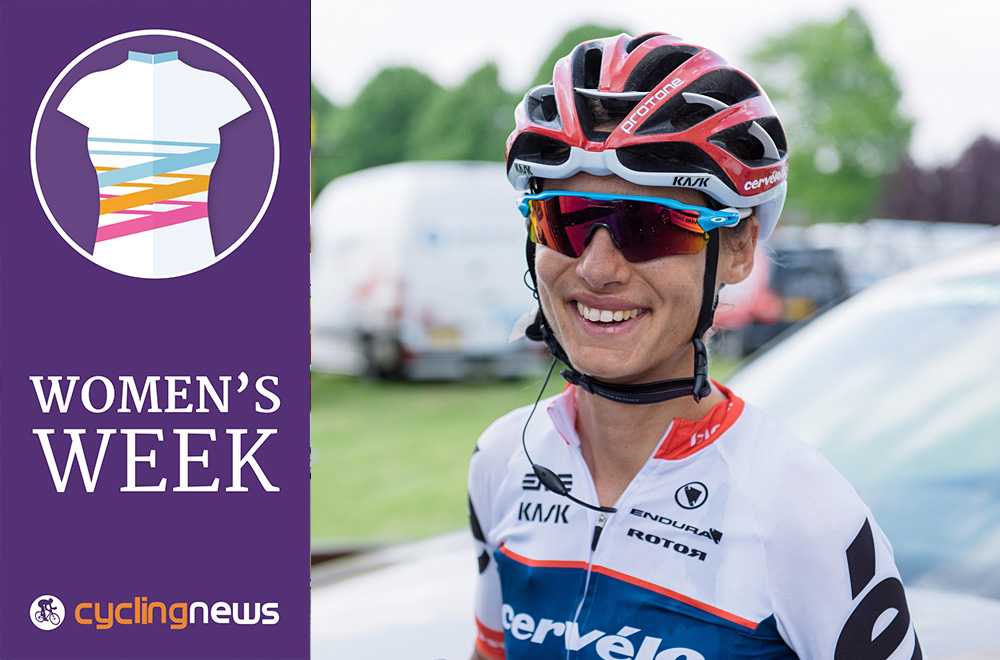
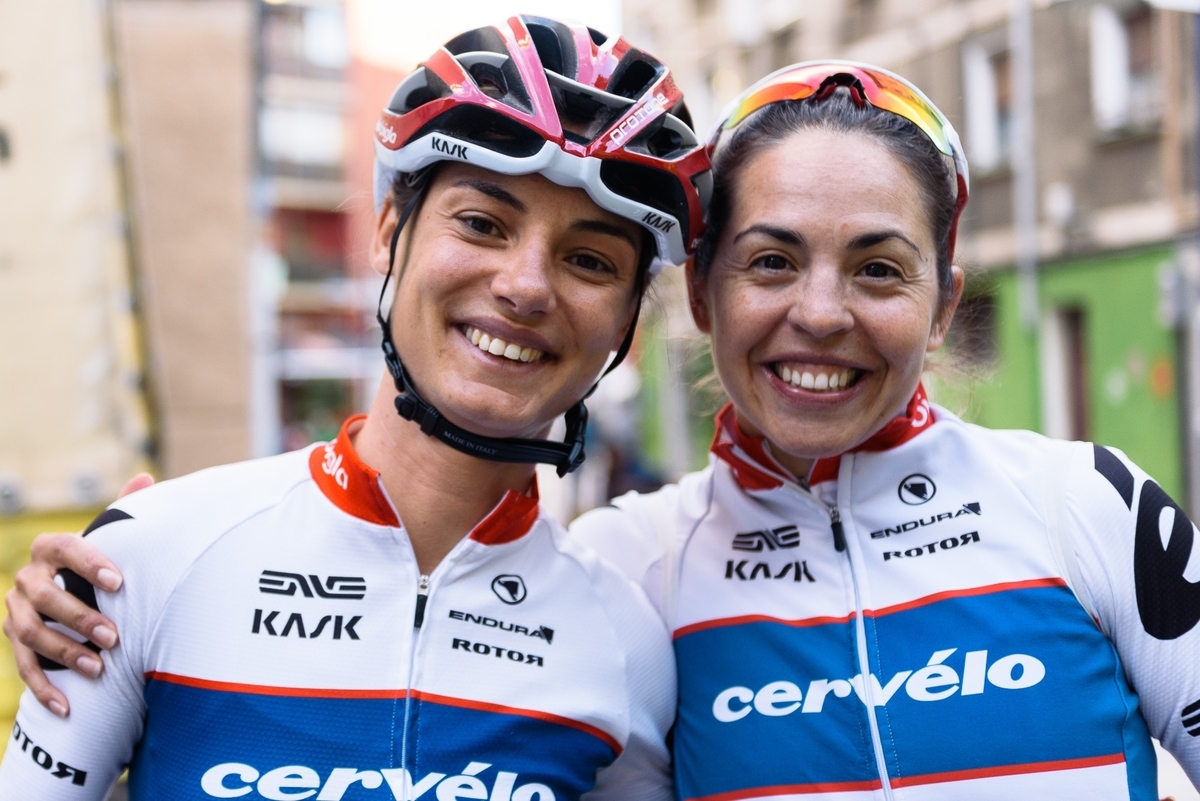
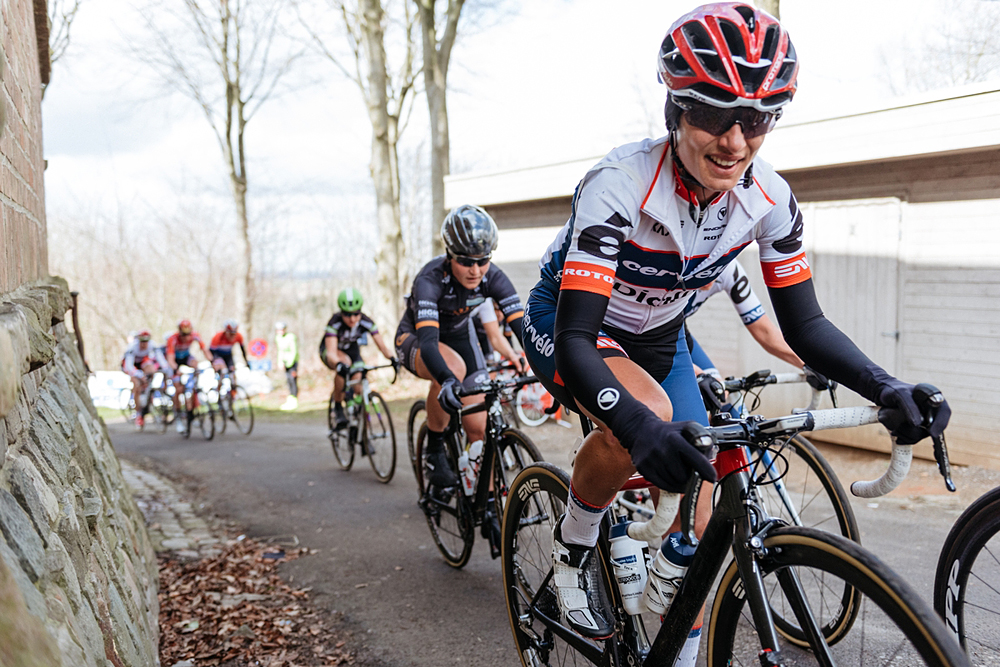
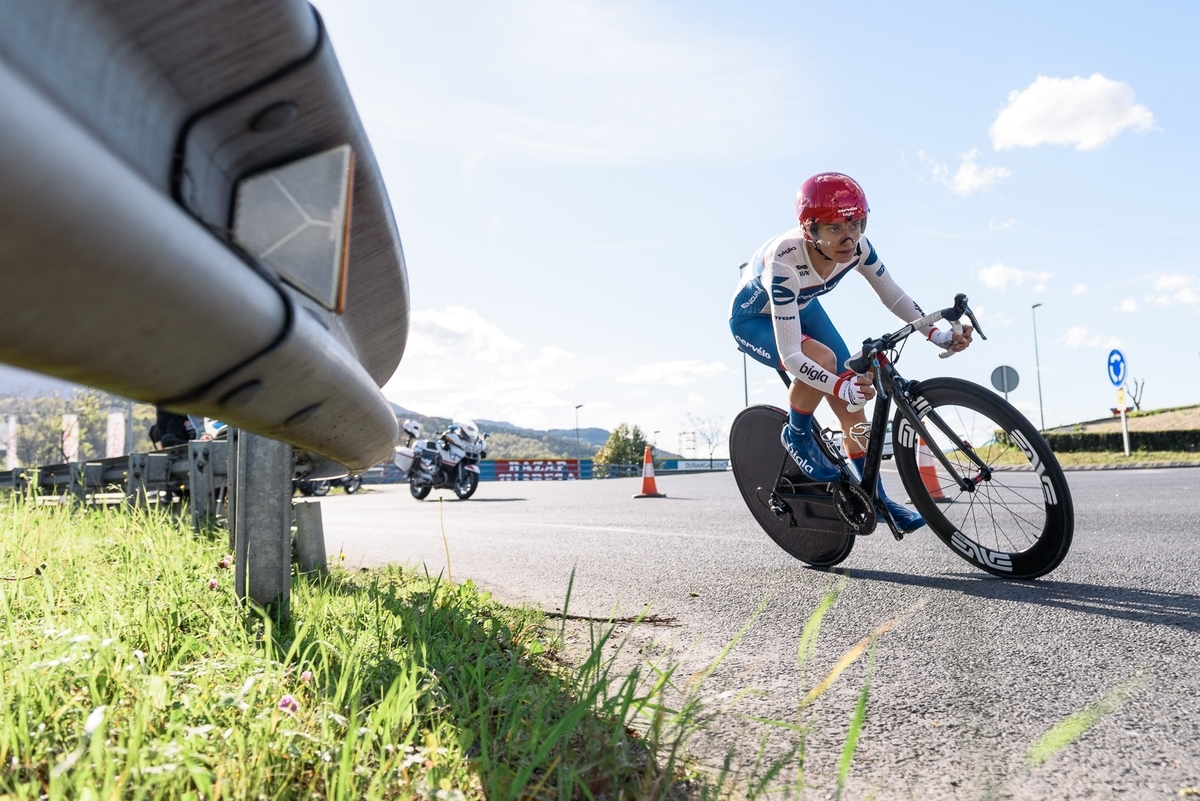
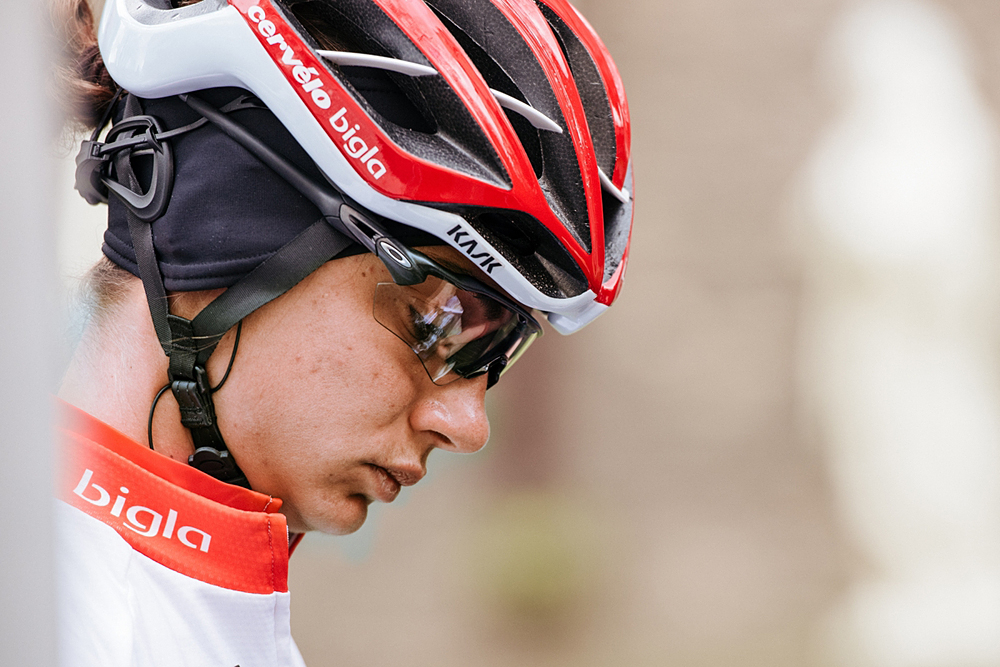
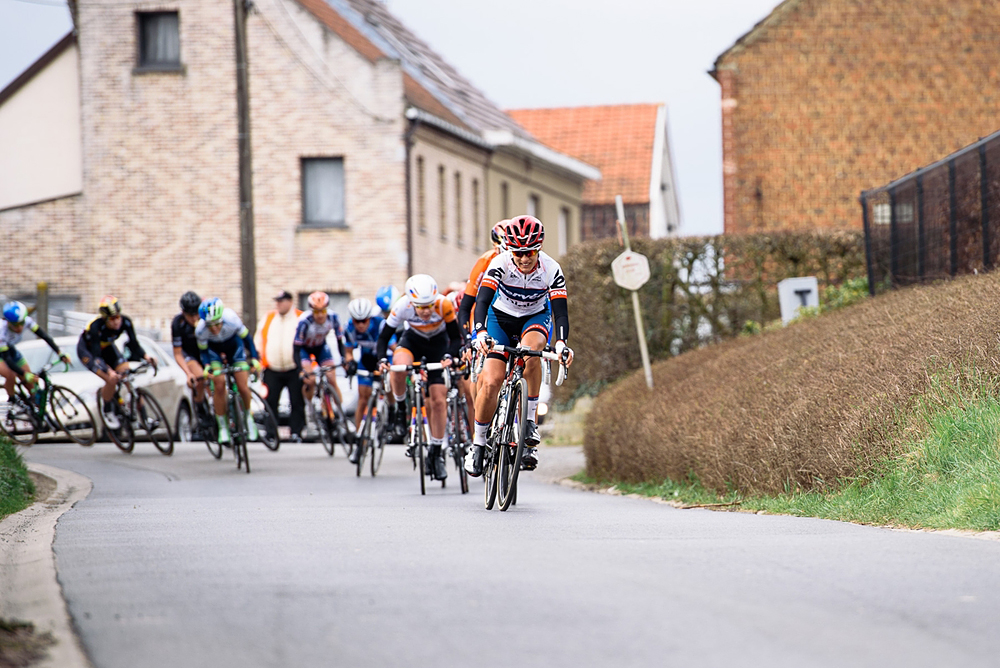
Women’s cycling has been following an upward trend over the past two years. Interest and exposure is growing in leaps and bounds, the strength of the women’s peloton is skyrocketing every year, the standard and excitement of our racing is lifting with every race. But what is unfortunately not changing, are the attitudes of those in powerful positions and the attitudes of the women riding in the peloton.
The pioneers of women's cycling
Women's Week on Cyclingnews - Video
Exclusive: All roads lead to Rio Olympics for Marianne Vos
Brennauer looks beyond Aviva Women's Tour to Rio Olympics and Worlds
Vos out of the commentary box and back in the race at Aviva Women's Tour
Catching up with the inaugural Women's WorldTour - Gallery
Ina Teutenberg’s cycling dream team
Quiz: Milestones in women's cycling - Can you guess the year?
Tracey Gaudry Q&A: Half-way point review of the Women's WorldTour
Longo Borghini finds her rhythm at Aviva Women's Tour
Behind the Aviva Women's Tour stage 3 scenes with Strava - Gallery
Ashleigh Moolman-Pasio: Aviva Women’s Tour – Channeling adversity into victory
I was brought up in a home and family where gender equality was not an exception, it was the norm. I have never been treated any differently to male family members or friends. I have always been encouraged to have an opinion and to stand for what I believe in.
In the male-dominated environment of the Chemical Engineering faculty, I was never made to feel inferior to my peers. Certainly, I was the minority in my class, but my male counterparts treated me with utmost respect and never considered my opinion any lesser. At university, male or female, we respected one another. We valued what each member, irrespective of gender, had to bring to the table, and so we worked together to get through a very challenging degree.
I come from a relationship where my husband supports me wholeheartedly. In fact, my very talented husband has chosen to put his sporting career aside to get 100 per cent behind mine. We are a team: he rides with me every day; he helps manage some of my endorsement deals and he works for the team that I ride in. He goes against everything society tell us to believe (the man should be the athlete and the woman should support) and because of that, I have the utmost respect for him. He is a very strong man, not because of his physical strength, but because he has decided to challenge the status quo. He has decided not to conform for conformity's sake, but to do what his heart tells him to do.
Life has taught me thus far that playing the victim is no way to move forward. Through life experiences and the challenges I have faced thus far, I have learnt to take responsibility for what I want to achieve in life. I can’t always control my circumstances, but I can control how I respond to the challenges that are thrown my way. No one owes me anything; I owe it to myself to make things happen and to follow my dreams.
This background information is important. I give it in order to provide some understanding to the incredible frustration I now feel: the enormous frustration I experience in the challenges we face and continue to face in women’s sport. Why, in this day and age are we still fighting for gender equality and mutual respect?
I believe it is all in attitude. There needs to be a radical shift in an attitude that is so deeply entrenched by history and culture.
If many, many men were to shift in attitude, to acknowledge that, by adding women to the equation, we can strengthen and diversify existing structures, this radical shift would be possible. It’s all about balance: we might think differently, but the different genders balance each other out. If each gender were equally represented, I believe we would reach new levels of innovation. At the end of the day, the modern world is all about innovating in order to survive. It is no longer the strongest species that survives, but the species that adapts best to change.
Secondly, for the existing culture of cycling to change in order to embrace women cyclists, the core dynamics that define who we are, as women, and how we relate to each other needs to evolve. While women and men have become social equals by law, we are all still deeply conditioned by ancient survival patterns in which women are subordinate and compete with one another for male attention and protection.
To create a new ground of human relationship, we as women cyclists, need to highlight and encompass the beautiful values the modern woman possesses. We need to liberate ourselves from the social norm of sub-ordinance and embrace an enlightened consciousness, which transcends the separation of egoist conditioning, individually and collectively. It is a delicate, difficult, and thrilling endeavor; but it is possible if we live and act by the values of the modern women.
- Taking responsibility for change
- Realising unity with other women
- Leading by example
- Being trustworthy
- Standing autonomously and not wavering
- Refusing to resort to using her sexual power to gain popularity
- Rejecting victim-hood
- Embracing a deep sense of passion
- All eight values are of utmost importance in order to influence change in women’s cycling. But the most important of all, is the realisation of strength in unity! The almost primitive, base trait of jealousy is the most limiting element a woman can succumb to.
To cause overwhelming change in women's cycling, those on the front lines must actively work to rebrand and reposition the sport. Attitude is everything, a change in marketing can create demand, and demand can create change.
If women's cycling remains where it is and simply demands equality, it will be a long time before the sport changes; but, if women's cycling demonstrates that it is a valuable business, it can take and create opportunities to make media attention and television coverage non-negotiable.
It is time women's cycling undertakes an exercise in re-branding to effect an attitude change by actively improving the state of women's cycling. Let’s actively stand together to influence change.
Join us for Women's Week on Cyclingnews from June 13-19, and check out the latest race results, news, features, blogs, tech and videos from the women's peloton on our brand new Cyclingnews women's page.
Get The Leadout Newsletter
The latest race content, interviews, features, reviews and expert buying guides, direct to your inbox!
Ashleigh-Moolman-Pasio is a world-class climber and the newest member of CCC-Liv (formerly Waowdeals). She has written a regular blog for Cyclingnews since 2016, touching on topics of gender equality in women’s and men’s professional cycling.
From South Africa, Moolman-Pasio turned professional with Lotto Ladies Team in 2010, spent one season with Hitec Products in 2014 and the last four seasons with Cervelo-Bigla. She made a move to CCC-Liv in 2019 and will race alongside her long-time mentor Marianne Vos.
She’s a versatile rider who was second at Flèche Wallonne, fourth at the Tour of Flanders and Liège-Bastonge-Liège, and second behind Annemiek van Vleuten at the Giro Rosa in 2018. This year, look for Moolman-Pasio at the front end of the peloton, and on the podium, during the Spring Classics and at the most mountainous stage races on the Women’s WorldTour.